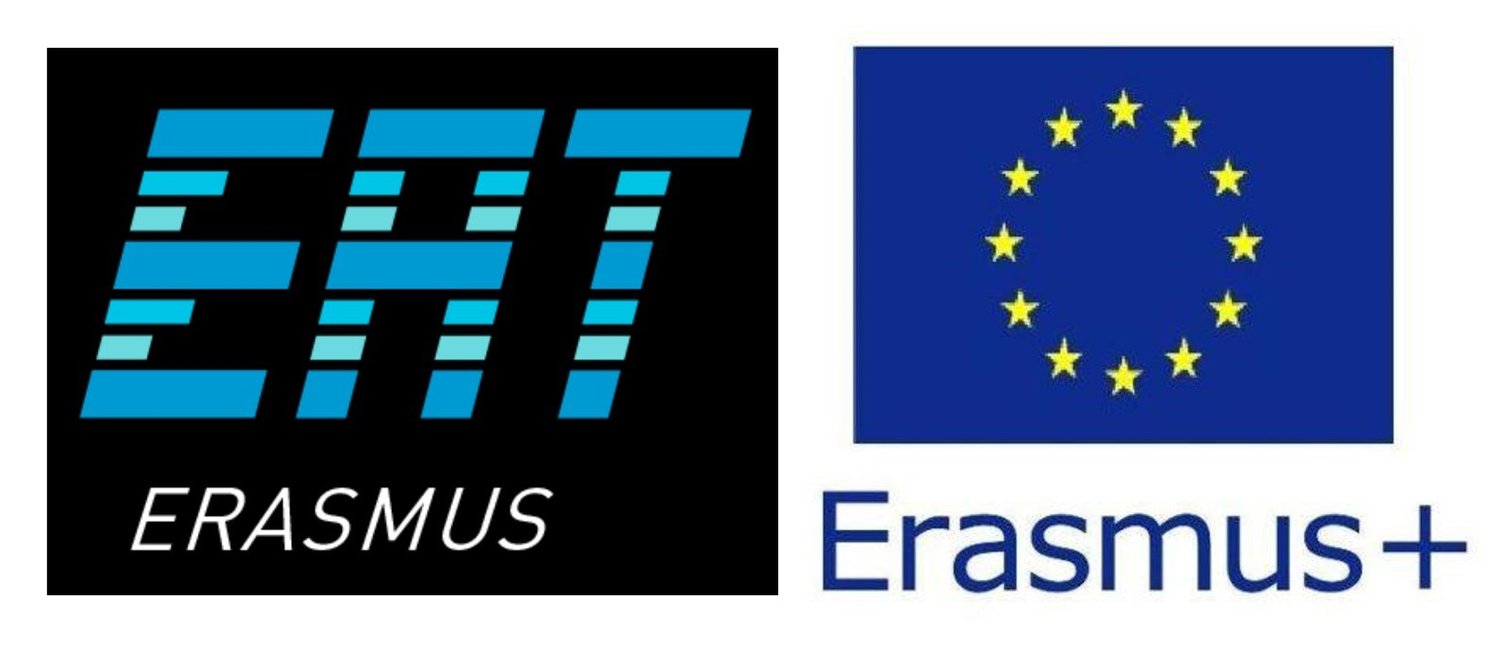Output Three: Training Resources, Webinars and MOOC
Output three involves:
Development of a MOOC. Aim is for the MOOC to house professional development provision in assessment practices for colleagues at different stages of development (e.g. new entrant; module/course lead; senior leader). Significant amounts of time will be spent to ensure quality and appropriateness of resources for colleagues at different stages of development, and across cultural contexts. Aim is to be a game changer for HE assessment training provision. Having designed the format of the MOOC to ensure a Universal Design approach, it will be trialled with Partner institutions and refined following the pilot. The MOOC will provide access to all project resources. It will provide on-going learning opportunities and provided much needed distance learning for colleagues world-wide. MOOC testing – Feb 2023 – May 2023.
Assessment briefs. The assessment briefs will provide a holistic overview of assessment in partner institutions. This will involve an audit of assessment practices at each institution and inform the development of case studies through consideration of facilitators and barriers impacting assessment. Methods – quantitative: primary and secondary data analysis of university data sets; qualitative data from staff and students. The model to analyse provision will be based on the conceptual framework of Van der Svet et al. (2011) - developmental space comprising contextual and emotional space.
Resources to support assessment practices. A comprehensive set of resources will be provided to support application and development of assessment practices. Project leads will engage with colleagues’ in partner institutions to identify and develop resources aligned with case study focus.
Theory guides. Much of the literature on assessment research is not accessible to those beyond education and psychology departments. The aim will be to translate educational and psychological and neuroscience perspectives into workable guides that can be used across disciplines. For example, it will involve translation of theoretical concepts on self-regulation into practical applications.
Webinars. There will be 5 webinars developed to facilitate understanding of integrated assessment, the EAT approach, self-regulation, measuring impact, standards of assessment; and the self regulatory competency framework.

